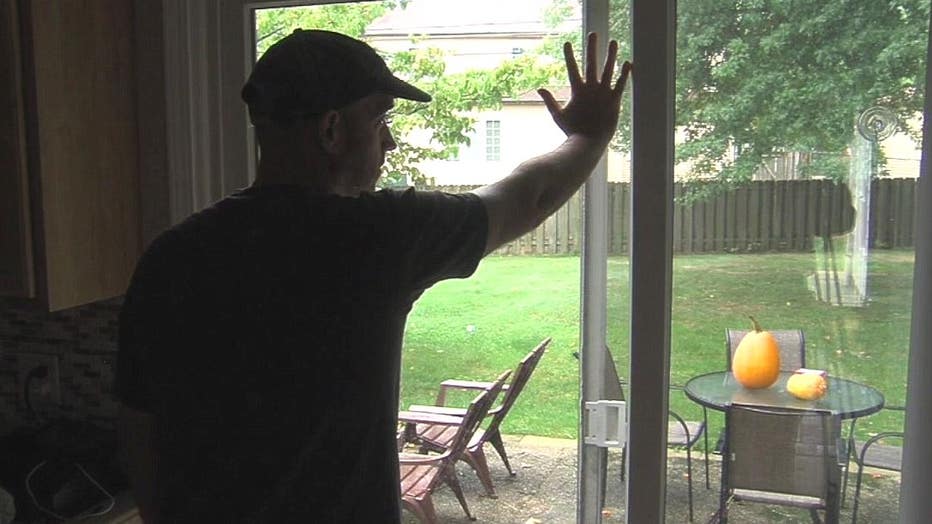Men's Health Month spotlights depression and the importance of mental help
Men's Health Month shines a light on depression; the importance of getting mental help
Anyone can experience depression or anxiety, but men often tend to push off seeking help when they need it.
FOX 2 (WJBK) - Guys, do you care about your mental health? According to a Men's Health survey, about 95 percent of men understand that mental health is just as important as physical health. During June, which is Men's Health Month, it's a perfect time to really pay attention to it.
Anyone can experience depression or anxiety, men often tend to push off seeking help when they need it.
"Oftentimes we see men kind of escape from whatever it is that's bothering them," said Dr. Adam Borland, Cleveland Clinic. "Whether it's more time at work, or losing themselves in some sort of project, or watching sports, or something like that. But to an unhealthy level where they're kind of ignoring whatever the problem is."
Borland, a Cleveland Clinic psychologist, says men first need to recognize that there’s a problem to start taking steps to address a mental health issue.
While many signs of depression and anxiety in men and women overlap, men will often experience headaches or other physical symptoms as well.
Men also tend to turn to unhealthy coping mechanisms like drugs or alcohol to deal with their emotions. But, to keep their mental health in check, Borland says men need to identify friends or family members they’re comfortable sharing things with.
Writing or journaling can be another effective way to get difficult emotions out there. If feelings of depression or anxiety become overwhelming, Borland
stresses there’s no shame in getting help from a mental health professional.
"Seeking mental health treatment is not a weakness - we can argue that it's actually a strength," he said. "You know, pretending that your issues don't exist, that's unhealthy."
Borland adds that more and more men are coming to therapy, and he encourages others to seek help if needed- before you turn to substance abuse or aggression.
The doctor says that more and more men are coming to therapy, and he encourages others to seek help if needed. Men in the United States die by suicide at a rate four times higher than women. and yet, men are diagnosed with depression and mood disorders at far lower rates.


